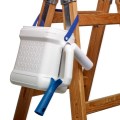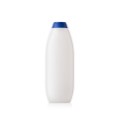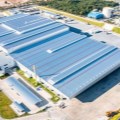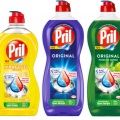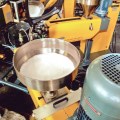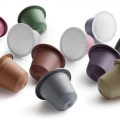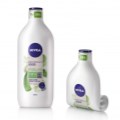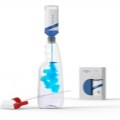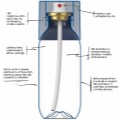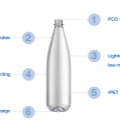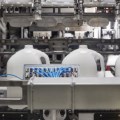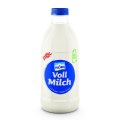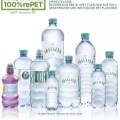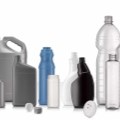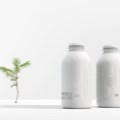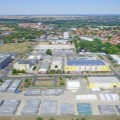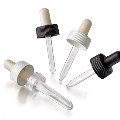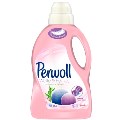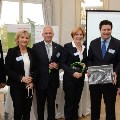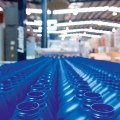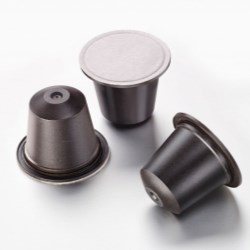If this is your company, CONTACT US to activate Packbase™ software to build your portal.


Coffee is a pleasure. We all like to indulge in a cup of a morning and throughout the day, savouring the marvellous aroma and looking forward to the reviving effect. To do this, more and more consumers are turning to coffee packed in capsules. Coffee capsules enable particularly easy preparation and, moreover, the final product’s high quality is always impressive thanks to an aroma-proof seal. If only there wasn’t that rubbish left over at the end of the day or week…
One solution for this is a special capsule produced and distributed worldwide by ALPLA. It’s made from the material Golden Compound green, from German material developer and manufacturer Golden Compound. The partners together debuted the certified, home-compostable coffee capsule made from organically based material and ground natural fibres from sunflower seed shells back in October 2018. Once used, this packaging can be disposed of in the garden compost bin. Both the capsule as well as the filter fleece then decompose within six months, as confirmed by the ‘OK compost HOME’ certification from TÜV Austria. The packaging solution is also free from aluminium and genetically modified organisms.
Tests prove benefits for the environment
Since the product’s presentation, ALPLA has continuously worked on improving the production processes and Golden Compound has carried out extensive testing on the coffee capsules. Various independent organisations have conducted practical experiments on the capsules’ biological decomposition (industrially and at home) and compared the life-cycle assessments of the certified, home-compostable coffee capsule with competing products.
The independent nova-Institute confirmed in September 2019 that disposal of used coffee capsules in garden compost provides a diverse range of benefits for both people and the environment. Just the production of the capsules alone helps conserve fossil fuels. By disposing of the capsules in the garden compost, waste flows and transportation activities are reduced because centralised collection becomes is not needed.
Home composting preserves the coffee grounds and the nutrient-laden ingredients found in them for the materials cycle since the end products can be used as garden fertiliser. According to the nova-Institut, this method of disposal also promotes consumer understanding of natural cycles. They say that ‘overall, the home-compostable coffee capsule is an example of a circular economy, because the capsule waste in its entirety ends up being used for a good purpose’.
This assessment by an independent institution is highly important to ALPLA. That’s because ALPLA has a goal of making all packaging 100 per cent recyclable by 2025 and is involved in the expansion of recycling activities worldwide. The company is calling for plastic to remain in the materials cycle for as long as possible and, where possible, recycled into bottles or other packaging. ALPLA believes that downcycling and thermal recycling should be avoided as much as possible. For coffee capsules, however, composting is an excellent use, as illustrated above.
Details about the home-compostable coffee capsule from ALPLA and Golden Compound
The capsule is manufactured from the material Golden Compound green. This material consists of an organically based substance (BioPBSTM) and the ground natural fibres of sunflower seed hulls. PBS can be fully manufactured from renewable resources and is biodegradable. It uses carbon previously absorbed by plants from the atmosphere. This creates a carbon cycle which doesn’t increase the CO2 levels in the atmosphere. The natural fibres are from the hulls of sunflower seeds and are a by-product of the food industry while not competing with food production.
In addition, Golden Compound green possesses excellent barrier characteristics. The oxygen barrier is comparable with conventional plastics such as PBT, making the single-layer coffee capsule aroma-proof and enabling a simple outer packaging made of paper, for example.
Extensive testing and certification (including ‘OK compost HOME’ by TÜV Austria) prove that the coffee capsules decompose in the garden compost within six months. The material Golden Compound green degrades into its core elements of water, CO2 and biomass without leaving any permanent microparticles. Composting generates humus and fertiliser, and the coffee grounds contain plant nutrients such as potassium, phosphorus and nitrogen. Unlike thermal recycling, the nutrients of the coffee grounds remain in the materials cycle.


